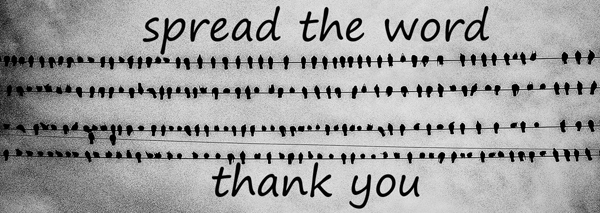Hamas’ surprise attack on Saturday is shocking given not only its scale compared to previous attacks, but also the fact that it was planned and carried out without Israel’s knowledge. Hamas’ deadly barrage underscores the limitations of even the most intrusive surveillance dragnets. In fact, experts say the sheer quantity of intelligence that Israel collects on Hamas, as well as the group’s constant activity and organizing, may have played a role in obscuring plans for this particular attack amid the endless barrage of potentially credible threats.
“There's no doubt that the scale and scope of this Hamas attack indicate just a colossal intelligence failure on behalf of the IDF [Israel Defense Forces] and in Shin Bet, the internal security agency,” says Raphael Marcus, a visiting research fellow at King’s College London’s Department of War Studies who focuses on the region. “They have such technical prowess and also a legacy of excellent human source capability.”
Israel is known for heavily monitoring Gaza and anyone who could be connected to Hamas using both traditional intelligence-gathering techniques and digital surveillance like facial recognition and spyware. Israel has proved its hacking skills and technical sophistication on the global stage for years, participating in the development of innovative malware for both digital espionage and cyber-physical attacks. The fact that Hamas was able to plan such an unprecedented and complex attack speaks to the limitations and inevitable blind spots of even the most comprehensive surveillance regime.
Jake Williams, a former US National Security Agency hacker and current faculty member at the Institute for Applied Network Security, emphasizes that when you have a firehose of intelligence streaming in from an array of sources, and when the climate is as fraught as that between Israel and Palestine, the challenge is organizing and parsing the information, not gathering it.
“Intelligence
in an environment like Israel isn't finding a
needle in a haystack—it's finding the needle
that will hurt you in a pile of needles,”
Williams says. “Given the number of Hamas
members involved in the invasion, it's not
plausible to me that Israel missed every human
intelligence reflection of the planning. But I
feel confident that there are always Hamas
operatives talking about credible plans to
attack the IDF. So Israel can't respond with
force to every threat, even every credible
one. They'd be at a heightened state of alert
or actively engaged all the time, and that's
probably actually worse for security.” (read
more)


